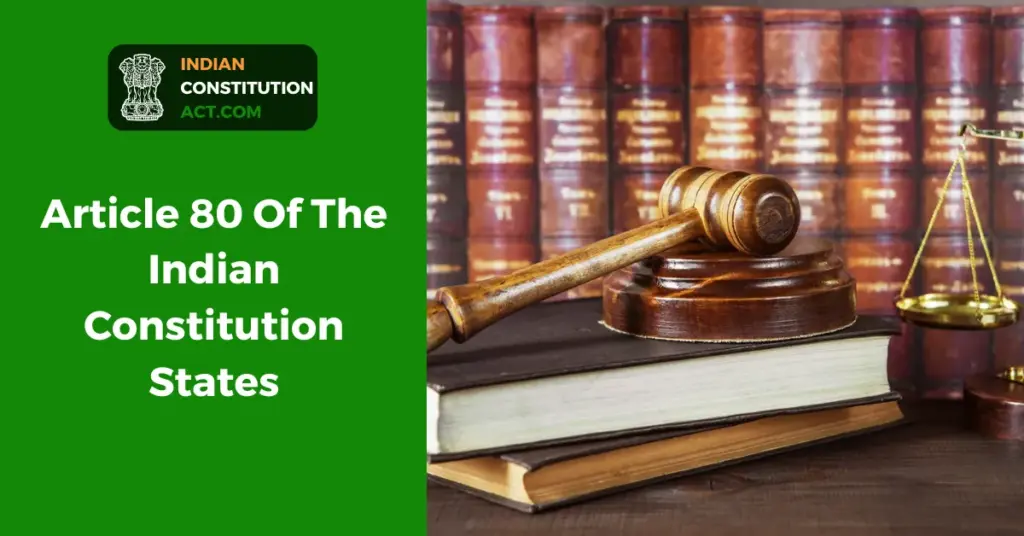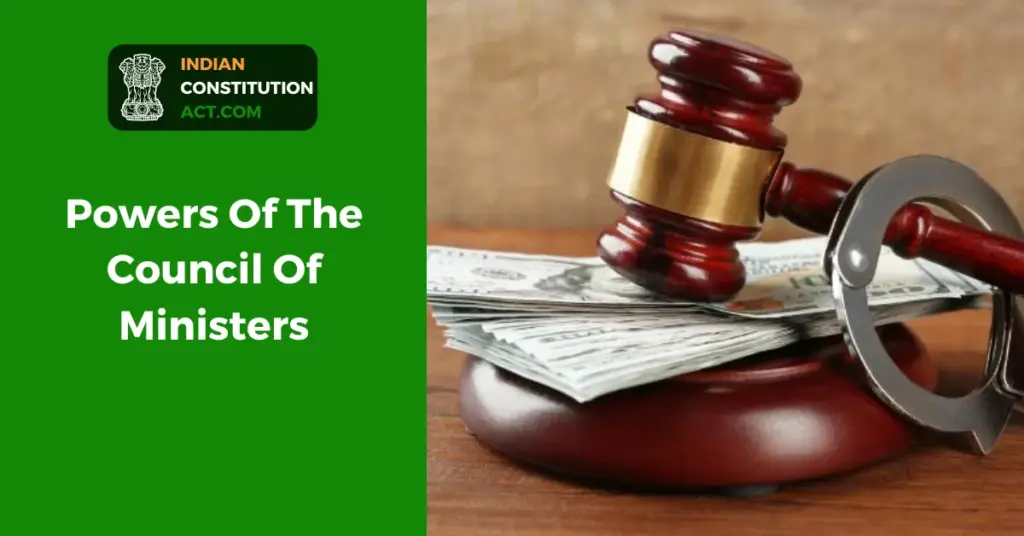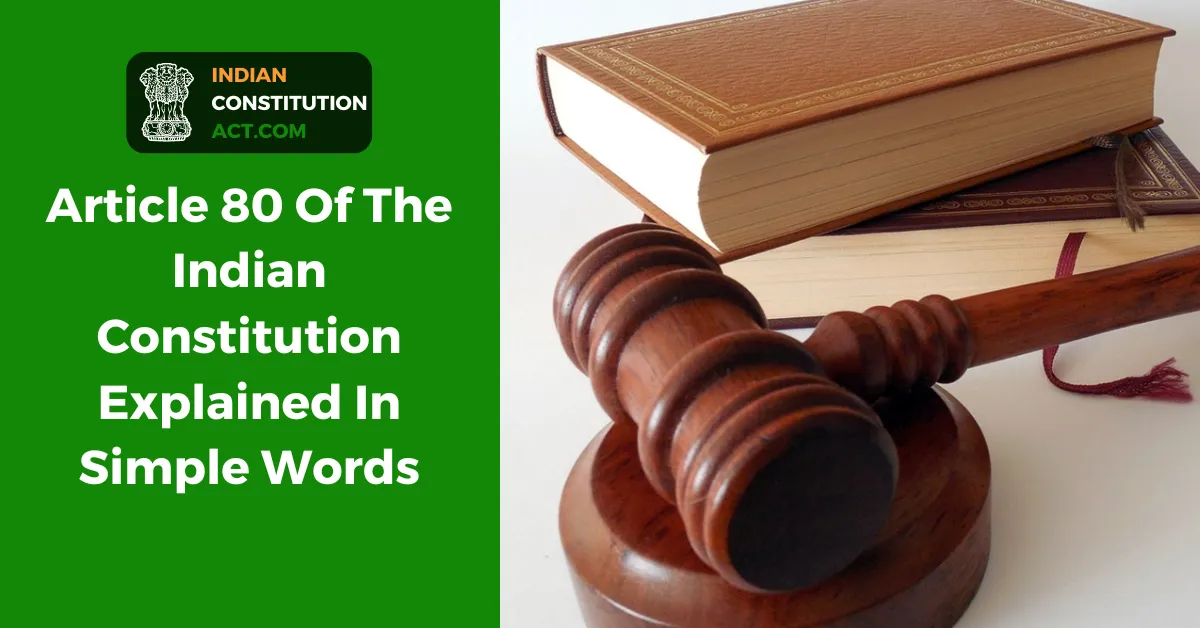At the time of implementation of the Indian Constitution, there were 395 articles and 22 parts but after some amendments, now there are 470 articles and 25 parts. Each Article plays a vital role in the administration of India. Today we are going to discuss Article 80. According to Article 80 Of The Indian Constitution, the total number of members of the Rajya Sabha cannot be more than 250 and many more things are written. We have tried to explain all the clauses to you clearly through this blog post below:
Table of Contents
What Is Article 80 In Simple Words
In this article, we have been told where the members of Rajya Sabha come from and how they are selected. There are two types of members in Rajya Sabha, first are those who are nominated by the President himself and there are a total of 12 members. The other members of the Rajya Sabha are those who are elected from the states and union territories and these representatives can not be more than 238 or 66 percent.
- For example, let us assume that 100 MLAs come from Punjab, then only 66 of them can go to the Rajya Sabha.
Clause 2: The number of MLAs elected from states and union territories is as follows:
- Andhra Pradesh – 11
- Telangana – 7
- Jharkhand – 6
- Goa – 1
- Gujrat – 11
- Haryana – 5
- Chattisgarh – 5
- Tamil Nadu – 18
- Maharashtra – 19
- Karnataka – 12
- Odisha + Rajasthan – 10
- Uttar Pradesh – 31
- Uttrakhan – 3
- West Bengal – 16
- J&K – 4
- Himachal Pradesh + Delhi – 3
- Puducherry + NE States – 1
Clause 3: The President who nominates 12 members should be some special members. Those members should have done good work in such fields as Literature, science, art, and social service.
Clause 4: Now who selects the members who are appointed from the state and the center? So let me tell you that the responsibility of selecting them lies with the state MLA.
Clause 5: If the parliament wants, it can make changes in the elections and if it wants, it can also change the method of selecting members in the future.
Article 80 Of The Indian Constitution States

Clause 1: The Council of States shall consist of-
a. twelve members to be nominated by the President in accordance with the provisions of clause (3); and
b. not more than two hundred and thirty-eight representatives of the States and of the Union territories.Clause 2: The allocation of seats in the Council of States to be filled by representatives of the States and of the Union territories shall be in accordance with the provisions in that behalf contained in the Fourth Schedule.
Clause 3: The members to be nominated by the President under sub-clause (a) of clause (1) shall consist of persons having special knowledge or practical experience in respect of such matters as the following, namely: Literature, science, art, and social service.
Clause 4: The representatives of each State in the Council of States shall be elected by the elected members of the Legislative Assembly of the state in accordance with the system of proportional representation by means of the single transferable vote.
Clause 5: The representatives of the Union Territories in the Council of States shall be chosen in such manner as Parliament may by law prescribe.
Powers Of The Council Of Ministers

The budget which the Finance Minister presents in the Parliament is prepared by the Council of Ministers.
If any relation has to be made with any country or any peaceful treaties have to be signed, then this work is also done by the Council of Ministers.
This group of ministers decides the policies of our country, such as foreign policy, home policy, education policy, import-export policy, etc.
Council of Ministers prepare bills in their respective departments and present those bills in the Parliament and if the President passes that bill then that bill becomes a law. If there is still any doubt regarding Article 80 Of The Indian Constitution, you can ask us in the comment box and we will solve your doubts as soon as possible.
